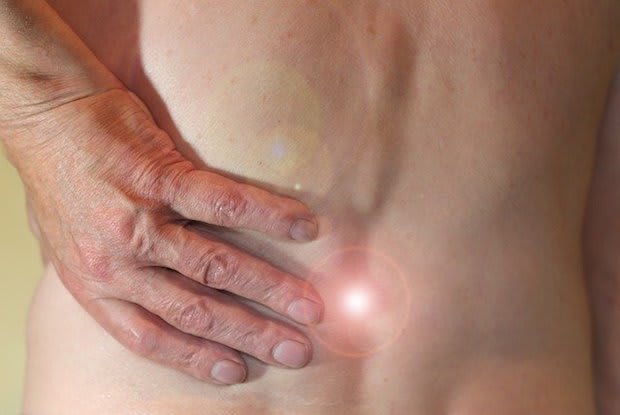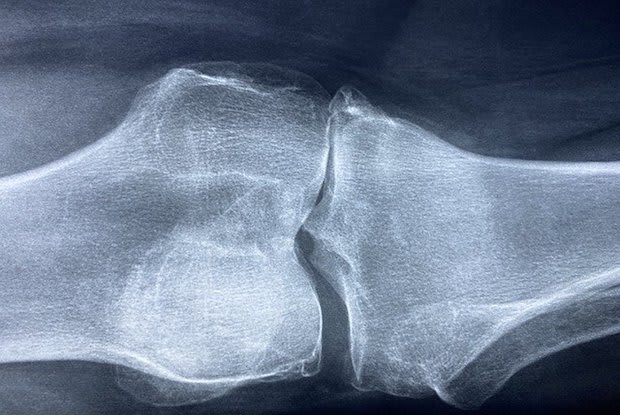Table of Contents
II. General Symptoms of Arthritis
What is Arthritis?
Arthritis is a chronic condition that affects your joints as well as your quality of life. One joint may have arthritis symptoms, or several may be affected. For many, arthritis occurs with age, but it may develop due to other accompanying conditions or autoimmune disorders.
Arthritis affects the cartilage in the joints. Cartilage is the slippery tissue that covers the ends of the bones where the joints form. Over time, this cartilage breaks down, causing the tips of bones to grind against each other. If you are diagnosed with arthritis, you will be prescribed a medication to assist in your painful symptoms. These medications include Voltaren Emulgel, Mobic (meloxicam), Celebrex (celecoxib), or Medrol (methylprednisone). Learn more about arthritis types below. [1]
General Symptoms of Arthritis
Several types of arthritis occur for many different reasons. Because every type of arthritis affects the joints, all types generally have similar symptoms. For many, symptoms of arthritis are often worse in the morning. If you notice the following symptoms affecting your joints, you may want to talk to your doctor:
- Pain or swelling in one or multiple joints
- Reduced range of motion
- Fever, weight loss, or fatigue (in some cases)
- Pain or stiffness that worsens with inactivity [2]
This is the most common type of arthritis. It is also known as wear and tear arthritis and occurs most commonly in older adults. Generally, it affects the hands, hips, and knees. The cartilage in the joint breaks down and causes the bones to grind against each other. Osteoarthritis (OA) can cause reduced function and disability, but some people may become unable to perform daily tasks or work. Around 32.5 million adults in the United States live with OA. You are at risk for OA if one joint is overused throughout a person’s life. Being obese can also put extra weight on the knees and increases your risk of OA. Women are more likely to develop OA than men. [3] RA differs greatly from osteoarthritis because it is due to an autoimmune and inflammatory disease. Autoimmune diseases occur when the immune system attacks the body and destroys healthy cells. In the case of RA, the attacked cells may cause inflammation and swelling in the joints. In general, RA affects the hands, wrists, and knees. RA can result in chronic pain, unsteadiness, and joint deformity. If you already have an autoimmune condition, you are at a higher risk of developing RA. Just like osteoarthritis, RA is more common in women, especially those who are overweight or smoke. Having a family history of RA also increases your risk of developing this type. [4] Rheumatoid arthritis and osteoarthritis are the most common types of arthritis, but there are many varieties of arthritis. Your doctor will determine your arthritis and a treatment plan for you. This is an inflammatory condition that may cause the small bones in the spine to fuse together. If this occurs, the spine becomes less flexible and may create a hunched posture. If you are hunched forward, your breathing can be affected and breathing can be more difficult. Unlike other types of arthritis, this type is more common in men. There is no cure for this condition. You may feel pain and stiffness in the following areas of the body: Gout develops when uric acid crystals build up in the joints and cause pain and swelling. It is referred to as a complex form of arthritis. The big toe is the most affected joint, and gout flare-ups are typically related to a patient’s diet. Eating high-purine foods like red meat increases your chance of uric acid buildup. Other symptoms of gout include redness at the affected joint, lingering discomfort, and intense joint pain. [5] Psoriatic arthritis occurs alongside the skin condition psoriasis. Psoriasis is an autoimmune disorder that causes an overproduction of skin cells. These excess skin cells create red patches on the body covered with silvery scales. In many cases, psoriatic arthritis occurs after the skin condition is present, but arthritic joint problems can sometimes begin before the skin patches. Psoriatic arthritis can affect any joint on the body. There are often periods of remission in between flare-ups. [6] Juvenile arthritis is the most common form of arthritis for people under 16 years old. It is also known as juvenile idiopathic arthritis, which means the exact reason for the condition is unknown. This condition causes joint pain, swelling, and stiffness. Some children may only have these symptoms for a few months, while it may last years for others. It is generally thought to be caused by an abnormal immune response. [7] If you notice any arthritis symptoms, it may be helpful to keep a journal of your symptoms. If you participate in any activities or eat anything specific related to your symptoms, write it down. This information may help your doctor determine if your symptoms are related to arthritis or something else. Your doctor may perform a joint fluid test to help diagnose the specific type of arthritis you are experiencing. Your doctor may also do an x-ray or ultrasound to see if your arthritis has caused damage to your joints. [1] If you have been living with arthritis for a while, over-the-counter medications may no longer be effective in your pain management. Your doctor may prescribe stronger painkillers or NSAIDs to assist in joint pain. NSAIDs or nonsteroidal anti-inflammatory drugs work to reduce pain and inflammation in the body. NSAIDs like Voltaren Emulgel, Mobic (meloxicam), and Celebrex (celecoxib) work to treat pain and tenderness in several arthritis types. Your doctor will determine if an NSAID is right for your arthritis type. These drugs work by blocking substances in the body that cause pain and inflammation. If your arthritis is more closely related to an autoimmune disorder like psoriatic or rheumatoid arthritis, you may be prescribed Medrol (methylprednisone). These drugs are corticosteroids that suppress the immune system. Through this suppression, those with autoimmune-related arthritis will experience less severe inflammation and pain. Visit Canada Pharmacy Depot for your arthritis medications today. [1] The content provided in this article is based on thorough research and in some cases, reviewed by a medical professional. Our goal for the information is to provide helpful, general health informational. It is not intended as a substitute for professional medical advice.
Osteoarthritis (OA)
Rheumatoid Arthritis (RA)
Other Types of Arthritis
a. Ankylosing Spondylitis

b. Gout
c. Psoriatic Arthritis
d. Juvenile Arthritis
Diagnosing Arthritis

Treatment Medications
